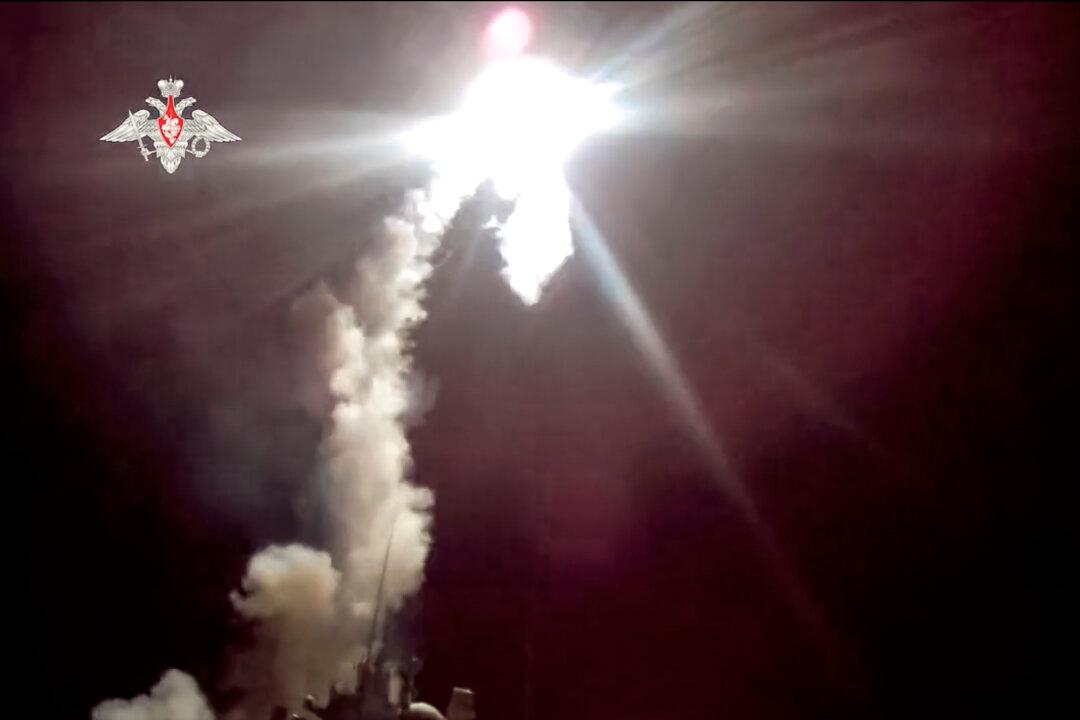The United States requires new space-based missile defense systems to counter the growing threat of hypersonic weapons, according to one expert.
“As it relates to hypersonic or nuclear and conventional intercontinental ballistic missile or nuclear missiles, the United States must have immediately a space-based missile defense system,” Brandon Weichert, a geopolitical analyst and author, told EpochTV’s “Forbidden News” program.





